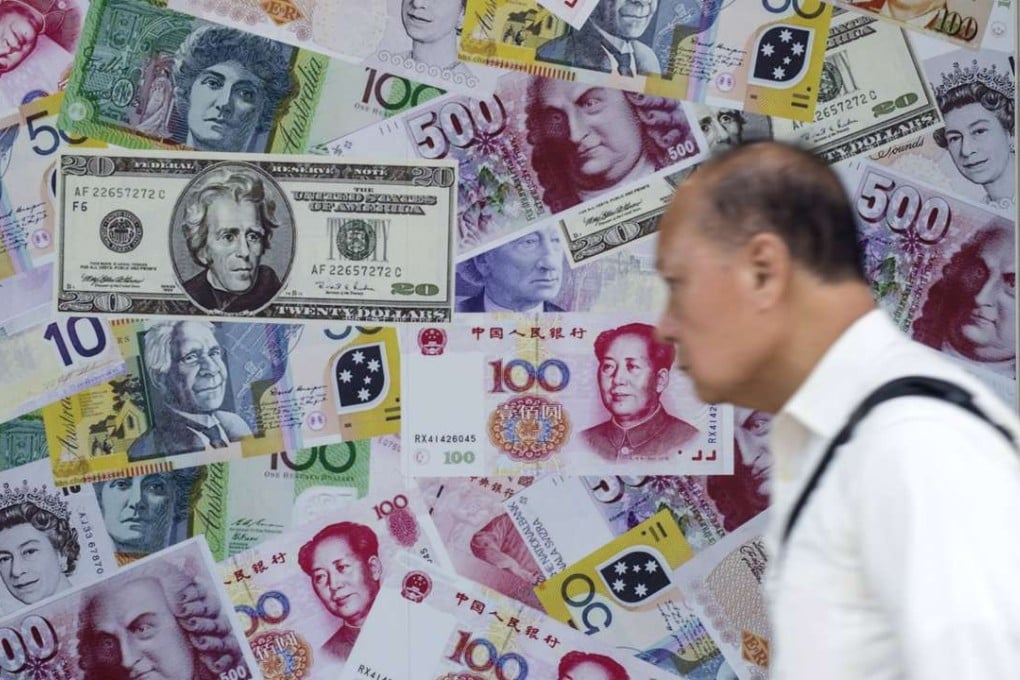Sinification of Hong Kong not same as internationalisation of the yuan

It is as if Hamlet, the confused prince of Denmark, has taken up residence in Beijing.
Like the famed-prince, Chinese officials are wrestling with seeming and being.
They seem to be relaxing their control over financial markets, but are they really? Are they tolerating market forces because they approve of what they are doing, such as driving interest rates down or weakening the yuan? If so, what happens when the markets do something of which they don’t approve?
Much of what seems like the internationalisation of the yuan, for example, is no such thing. Often it is more about the Sinification of Hong Kong. For example, classifying goods that go from the mainland to Hong Kong and from Hong Kong to the mainland, as trade. But this is no more true than classifying Scottish salmon bought at Harrods in London as an import.
Chinese yuan touches weakest level in a month as Yellen opens door to US interest rate rise
Adding pretension on top of make-believe, when that “trade” between the two parts of China is conducted in yuan, officials count this as the internationalisation of the yuan, and too often the media and analysts parrot this.
